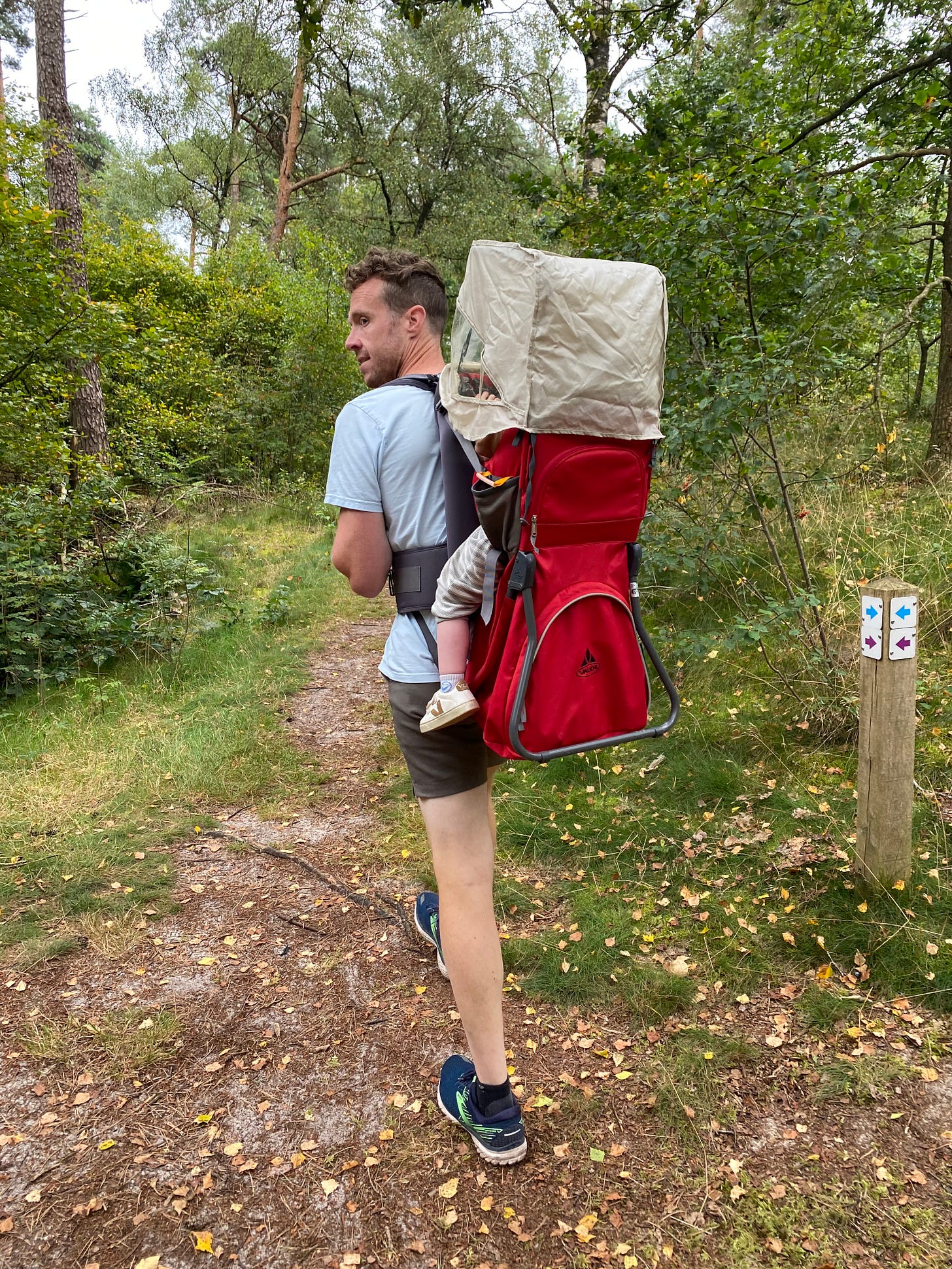Hey there,
Wanda mentioned that during her specialization to become a pulmonologist, she treated patients with lung cancer, often caused by years of heavy smoking:
“I knew that 82% of lung cancer deaths were due to smoking. It was undeniable. The patients’ lungs were brown to black, with damaged alveoli and hardened lung tissue.”
And when she took a break?
“I would go outside to light up a cigarette.”
Her experiences with the destructive effects of cigarettes piled up until one day she had a revelation. She didn’t just quit smoking; Wanda de Kanter became a prominent advocate in the fight against the tobacco industry in the Netherlands.
Not smoking is clearly a part of a healthy lifestyle. But how does lifestyle relate to preventive healthcare? What is the potential, and what are the pitfalls if we want to encourage people to live healthier lives? Can data and AI also play a role here?
In this newsletter, I share my insights on preventive healthcare.
Enjoy reading,
Peter
P.S. Watch my video about this topic. For English subtitles: select the icon of a sprocket (settings), and then subtitles. 🇺🇸
Prevention as the holy grail?
About 60% of the Dutch population struggles with one or more lifestyle-related conditions, such as diabetes, cancer, or cardiovascular diseases. With a healthier lifestyle, people will hopefully need less healthcare later and have a higher quality of life.
That’s why various government agencies, healthcare organizations, and advocacy groups emphasize preventive care. In many cases, the focus is on promoting a (healthy) lifestyle.
Changing Lifestyle is Difficult
Lifestyle is broad: how much and what we eat, enough exercise, whether we smoke, drink alcohol or use drugs, how many social contacts we have, if we have financial worries, how well we sleep, and much more.
However, changing your lifestyle is not easy. According to Jaap Seidell, professor of Health Sciences in the Netherlands, healthcare organizations and governments tried to promote a healthy lifestyle through upbringing and education.
But that doesn’t work. Seidell says:
“Then you would go around like a missionary, telling people what they should do.”
A few methods seem to work. The most important: let people think for themselves about what they can do to live healthier lives.
Your Personal AI Coach
Can technology also play a role in encouraging a healthier lifestyle? Sam Altman, CEO of OpenAI, thinks so. Together with Arianna Huffington (known from the Huffington Post), he founded Thrive.AI.
The idea of this startup is to build an AI coach that is always there for you. The coach knows your medical background, your goals, and your daily routines. The coach:
reminds you to take your medication;
sends you suggestions for healthy meals;
encourages you to exercise more.
The big advantage is that this AI support is much cheaper than an expensive dietitian or coach. That makes it much more accessible. But the risks are also significant, such as storing your health data with a tech company.
But more importantly: I wonder how much we actually turn advice and suggestions from an app into actions. I know plenty of people who are already irritated by a watch that sends notifications to stand up or take more steps.
Green Environment Helps
One of the most effective tools for better health is greening the living environment. Less hip and sexy than an app, but according to scientific research, much more effective.
According to Sjerp de Vries of Wageningen University, research shows that people who live in greener environments:
have a higher average life expectancy;
have fewer cardiovascular diseases;
have less depression, anxiety disorders, ADHD, and dementia;
have babies with a higher average birth weight.
At first glance, it seems like a no-brainer for municipalities to focus on more trees and parks.
But the tricky thing about these findings is proving causality. Or are other factors influencing the health effects? For example, in wealthier neighborhoods, people generally eat more fruits and vegetables, and there are also more trees.
Deep Dive on AI & Work
Articles, books, podcasts, videos, documentaries, and more on this theme.
READ / In this article in The Economist, it is stated that the focus on prevention is one of the reasons why healthcare in Thailand is an example for other countries.
WATCH / In the series The Big Bang Theory, Howard gets a Fitbit from his wife Bernadette. The goal is to motivate him to exercise more. In this short video, you can see what the effect is.
🙏 Thank you for reading
This newsletter is free, but not cheap to make.
You can help me in a number of ways: forward this newsletter to someone who likes it, subscribe to my YouTube-channel, or hire me to speak.
Interested to hire me? Feel free to fill this form!



